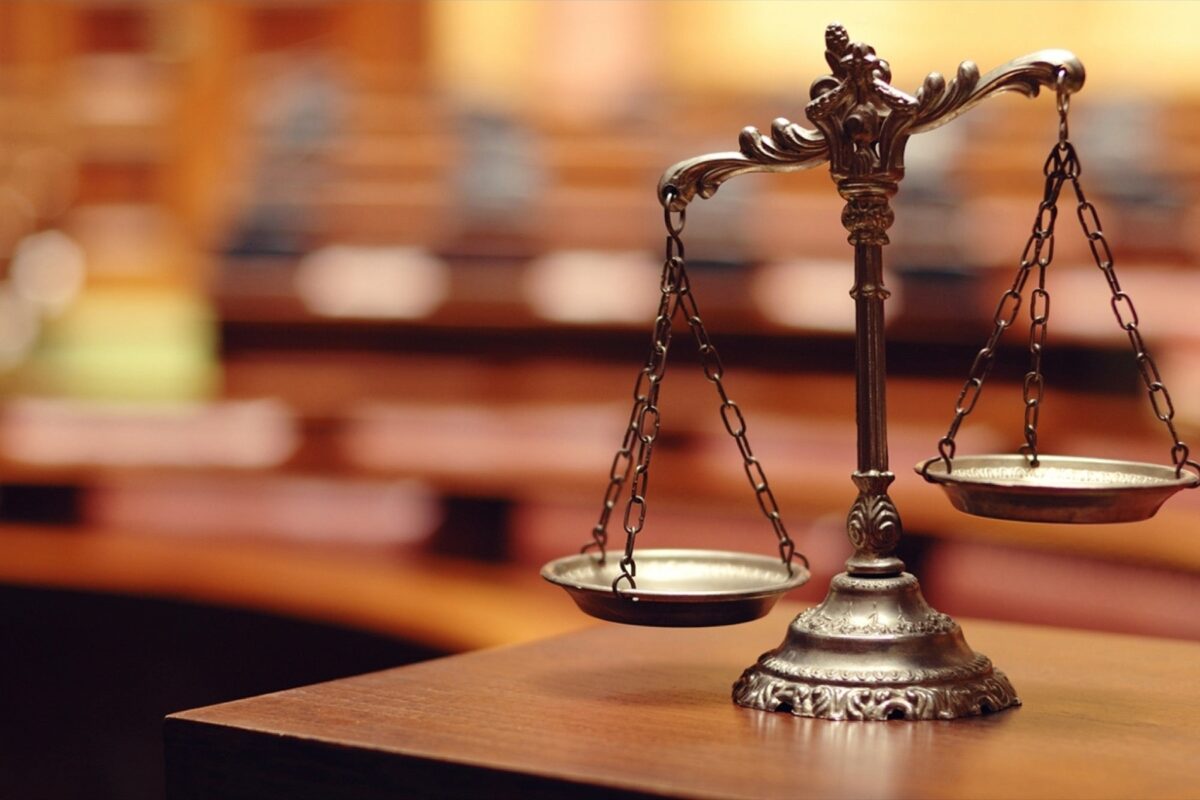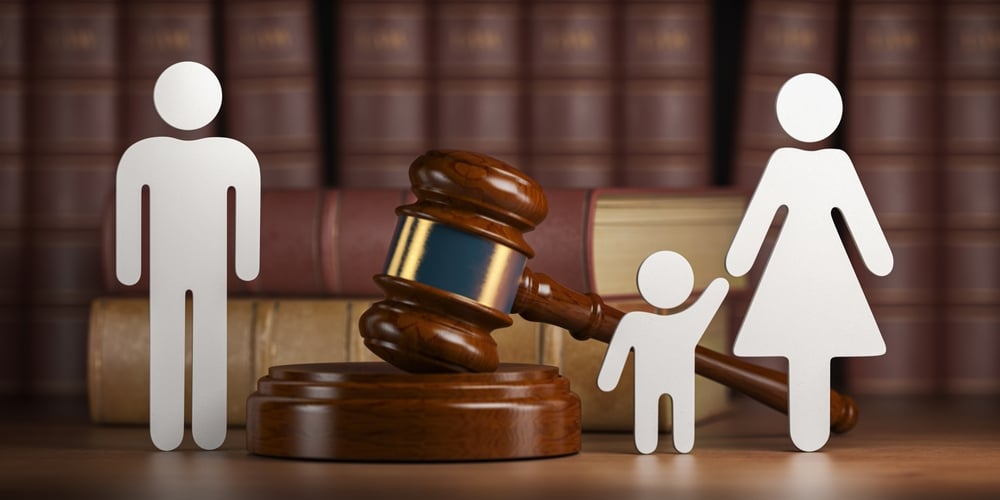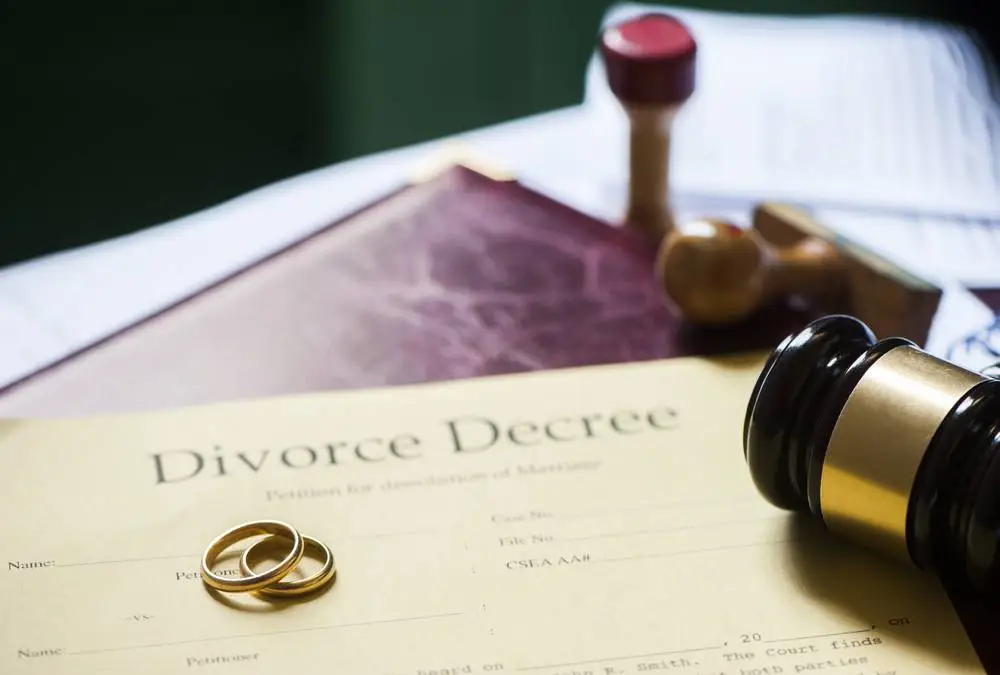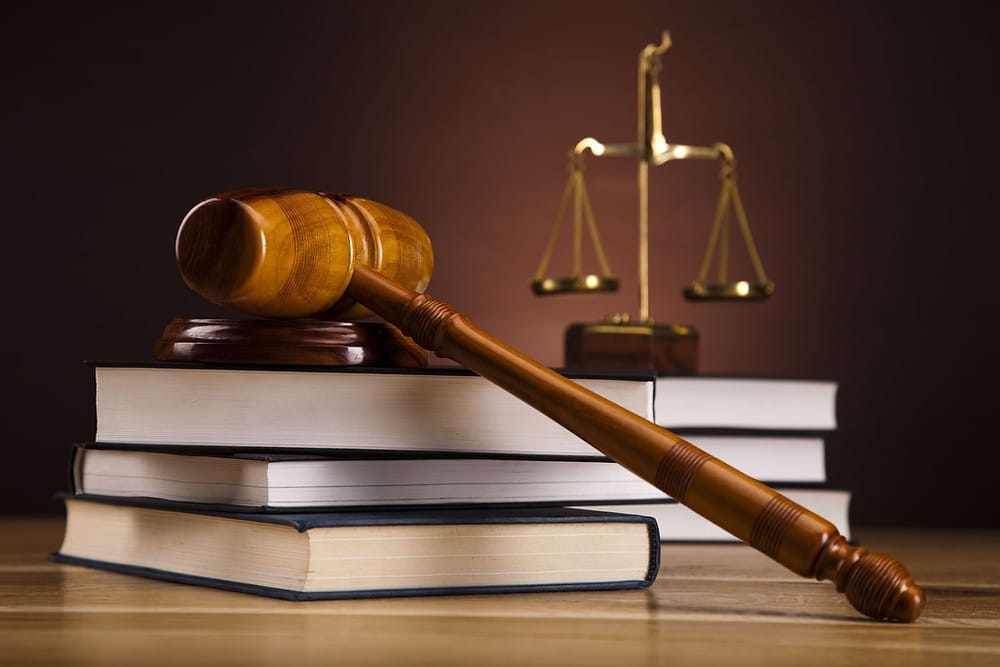CONDITIONS FOR GRANT OF BAIL
The Hon’ble Supreme Court has time and again laid down principles in relation to exercise of discretionary power for grant of bail, particularly, when the bails are refused by the Courts below.
While considering the application for bail Courts always consider the following conditions prior to grant of bail.
i)nature of the charge,
ii)the nature of the evidence,
iii)the severity of punishment to which the accused may be liable if convicted,
iv)the antecedents of the man applying for bail that might suggest that he is likely to commit serious offences while on bail.
The Hon’ble Apex Court in the case of Ash Mohammad v. Shiv Raj Singh, (2012) 9 SCC 446 observed as under:
“17. We are absolutely conscious that liberty of a person should not be lightly dealt with, for deprivation of liberty of a person has immense impact on the mind of a person. Incarceration creates a concavity in the personality of an individual. Sometimes it causes a sense of vacuum. Needless to emphasise, the sacrosanctity of liberty is paramount in a civilised society. However, in a democratic body polity which is wedded to the rule of law an individual is expected to grow within the social restrictions sanctioned by law. The individual liberty is restricted by larger social interest and its deprivation must have due sanction of law. In an orderly society an individual is expected to live with dignity having respect for law and also giving due respect to others’ rights. It is a well-accepted principle that the concept of liberty is not in the realm of absolutism but is a restricted one. The cry of the collective for justice, its desire for peace and harmony and its necessity for security cannot be allowed to be trivialised. The life of an individual living in a society governed by the rule of law has to be regulated and such regulations which are the source in law subserve the social balance and function as a significant instrument for protection of human rights and security of the collective. It is because fundamentally laws are made for their obedience so that every member of the society lives peacefully in a society to achieve his individual as well as social interest. That is why Edmond Burke while discussing about liberty opined, “it is regulated freedom”.
- It is also to be kept in mind that individual liberty cannot be accentuated to such an extent or elevated to such a high pedestal which would bring in anarchy or disorder in the society. The prospect of greater justice requires that law and order should prevail in a civilised milieu. True it is, there can be no arithmetical formula for fixing the parameters in precise exactitude but the adjudication should express not only application of mind but also exercise of jurisdiction on accepted and established norms. Law and order in a society protect the established precepts and see to it that contagious crimes do not become epidemic. In an organised society the concept of liberty basically requires citizens to be responsible and not to disturb the tranquillity and safety which every well-meaning person desires.
Not for nothing J. Oerter stated:
“Personal liberty is the right to act without interference within the limits of the law.”
- Thus analysed, it is clear that though liberty is a greatly cherished value in the life of an individual, it is a controlled and restricted one and no element in the society can act in a manner by consequence of which the life or liberty of others is jeopardised, for the rational collective does not countenance an anti-social or anti-collective act.
Conclusion
The grant of bail in exercise of discretionary power of the Court is necessarily exercised in a judicious manner and not as a matter of course. Therefore it can be concluded that prior to grant of bail , precautions are exercised by courts considering that life and personal liberty of those who live in society are not jeopardised .
Author- Tapan Choudhury, Advocate
9873628941




